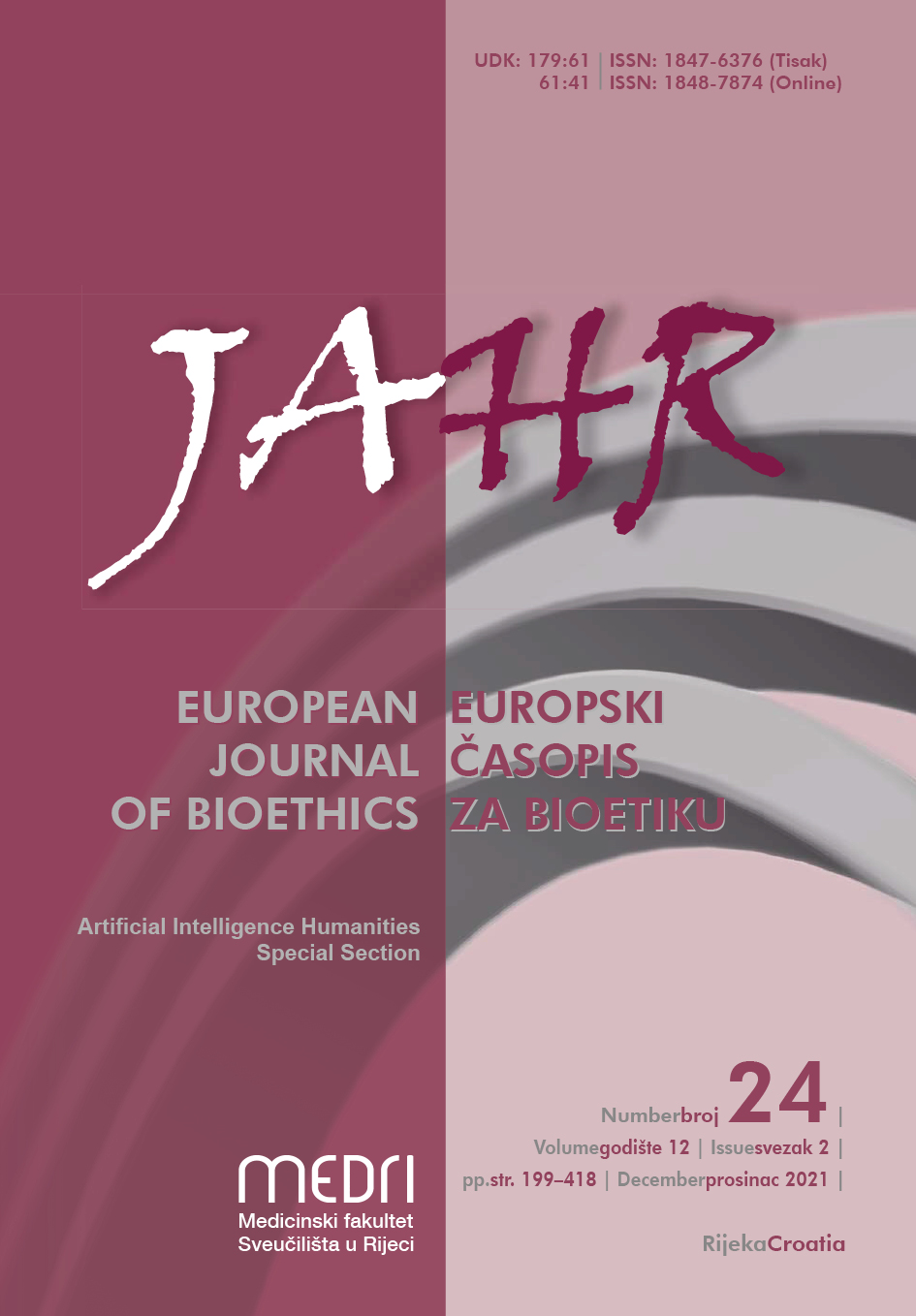“That’s the way it is, it will get better”
Subjective well-being of unemployed beneficiaries of the guaranteed minimum benefit
Keywords:
subjective well-being, unemployment, welfare, life situation, the image of the future, the role of the social work.Abstract
https://doi.org/10.21860/j.12.2.1
Subjective well-being includes the perception of the current and future life situation. The current level of subjective well-being can be a predictor of health, productivity, income, quality of social relations, and even mortality. Unemployment is recognised as one of the life circumstances that reduce subjective well being the most in the long run. The conducted qualitative research aimed to gain insight into the subjective well-being of unemployed young adults who are beneficiaries of the guaranteed minimum benefit. The thematic analysis of the interviews provided data on the experience of the life situation and the perception of the participants’ future, and they are presented in this paper. In the concluding remarks, proposals for improving the practice were presented, with an emphasis on the social work approach and the public health approach.
Downloads
Published
Issue
Section
License
Authors who publish with this journal agree to the following terms:
- Authors retain copyright and grant the journal right of first publication with the work simultaneously licensed under a Creative Commons Attribution License that allows others to share the work with an acknowledgement of the work's authorship and initial publication in this journal.
- Authors are able to enter into separate, additional contractual arrangements for the non-exclusive distribution of the journal's published version of the work (e.g., post it to an institutional repository or publish it in a book), with an acknowledgement of its initial publication in this journal.
- Authors are permitted and encouraged to post their work online (e.g., in institutional repositories or on their website) prior to and during the submission process, as it can lead to productive exchanges, as well as earlier and greater citation of published work (See The Effect of Open Access).



